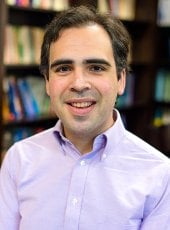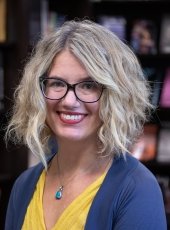The Modern Languages program in the Humanities Department has the honor to present this year’s Spring Film Series with the theme of “New Classics”. The first screening will be the French film La Vie en Rose (in French La Mome) at 7 p.m. tonight (Feb. 27) in Walker 134.
In this film, Marion Cotillard portrays Edith Piaf, the legendary French singer who was raised by her grandmother in a Normandy bordello and then discovered on a French street corner by cabaret proprietor Louis Leplée (Gérard Depardieu). Despite her success, Piaf’s life was filled with tragedy.
This event is free and open to the public.
Our next two films on March 19 (Spanish) and April 2 (German) are cancelled.





